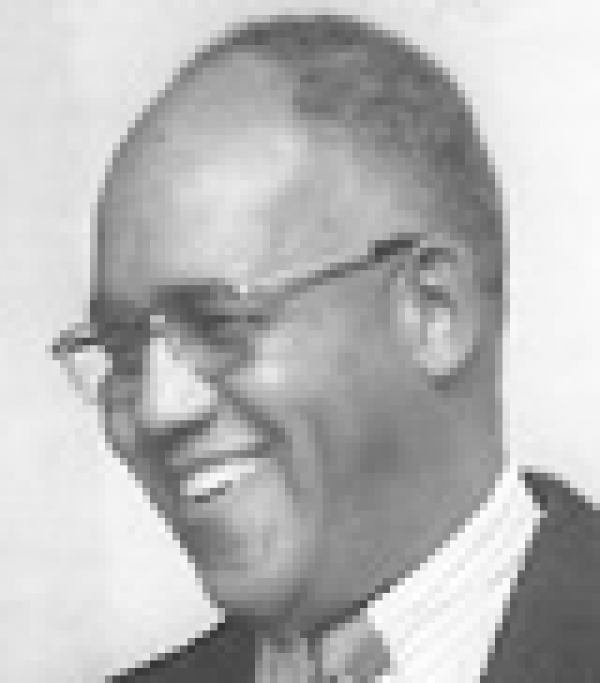Gil Cruter competed in sports at a time when there were many obstacles for black athletes. But he overcame to set world records twice in the high hump while at the University of Colorado, went on to become a pioneer in establishing positive international relations through sports for the U.S. State Department and returned to Denver Public Schools where he became the first of his race to gain a titled position in the system’s administration.
“I always enjoyed the competition,” Cruter explained. “That’s why I continued. I never gave up. But I still wonder what I could have done in today’s system.”
During the 1936 track season, Cruter’s career hit the jackpot. While competing in a meet at Colorado State University, Colorado A&M in his day, Cruter set a word record in the high jump of 6’8″. Later that same season at a meet in Salt Lake City, Cruter regained the world mark with a leap of 6’10”.
Cruter attended West High School before going to CU. His high jump of 6’4″ while at West remained a Denver Prep League records well after the World War II years.
Even though 1936 was a big year in Cruter’s competition portfolio, he didn’t realize one goal. He didn’t make the Olympic team for the Summer Games in Berlin. However, he competed there in an international meet in 1937, with Adolph Hitler in the audience.
After leaving CU and after two years in the military, Cruter joined the coaching staff at Southern University in Baton Rouge, LA. Cruter returned to Denver after a semester at Southern to join the faculty at Whittier Elementary School. He became the first black male in a teaching position in the Denver Public Schools. He later moved to Manual where he coached track and field, swimming and football.
However, in 1955 a call came from the State Department. Cruter accepted a chance to do diplomatic work in Africa through the introduction of coaching clinics and the value of sports competition. Cruter joined the state department in 1960 and remained for two years. His work was lauded by the Kennedy Administration as well as governments in Africa. In 1962, Cruter turned down a state department assignment in India and returned to Denver Public Schools.
Cruter looks back on his climb. He was born in Trinidad, but moved to Denver with his mother, four brothers and a sister when he was four. He worked for what he achieved. There were no scholarships to provide help. Cruter worked two jobs during the summer to earn money to buy clothes so he could attend CU.
Cruter endured the prejudices in society of his time. Then he went to work to leave them behind and worked for a better world.

I always enjoyed the competition. That’s why I continued. I never gave up. But I still wonder what I could have done in today’s system.
